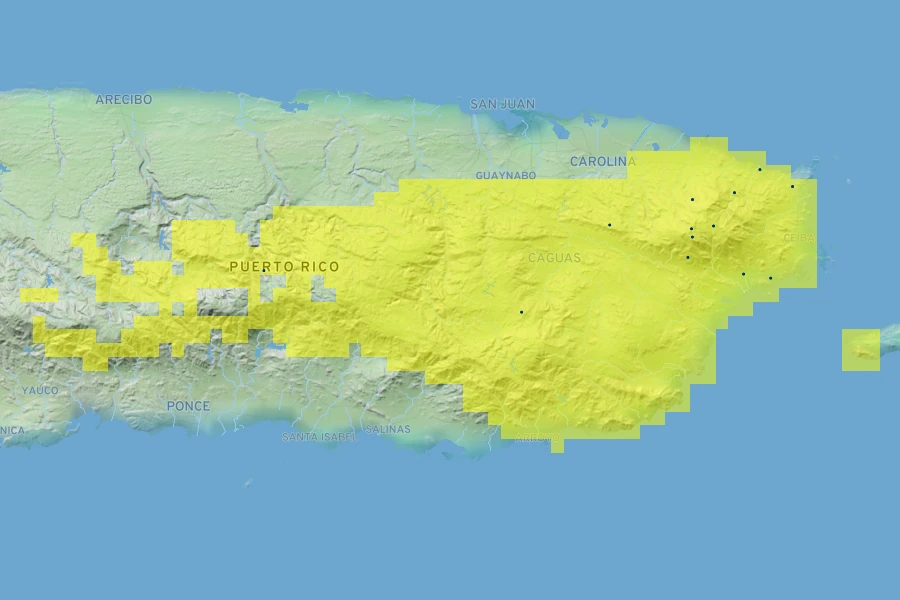Laurel Magnolia
/
(Magnolia splendens)
Laurel Magnolia (Magnolia splendens)
/

Image By:
Recorded By:
Copyright:
Copyright Notice:
Summary
Magnolia splendens, commonly known as Laurel Magnolia or Shining Magnolia, is an evergreen tree native to the cloud forests of eastern Puerto Rico. It can achieve a height of 16 to 80 feet tall, with a canopy that often spreads nearly as wide. The Laurel Magnolia is characterized by its glossy, dark green leaves and large, showy cream or white flowers that bloom sporadically throughout the year, with a peak in late winter to early spring. The flowers are highly fragrant, adding to the tree’s ornamental value. The wood is aromatic, which has led to its local name ’laurel sabino’. First described by German botanist Ignatz Urban in 1899, Magnolia splendens has a straight trunk with smooth gray bark.
In cultivation, Laurel Magnolia is appreciated for its striking appearance and fragrant flowers. It is used as a specimen tree in large gardens and public landscapes. This species prefers acidic to neutral, well-drained soils and thrives in full sun to partial shade. It requires regular watering, especially during dry periods, to maintain its lush appearance. While it is not commonly available in the nursery trade, it can be propagated from seed or cuttings. Potential problems include susceptibility to scale insects and fungal diseases if grown in conditions that are too wet or humid.CC BY-SA 4.0
In cultivation, Laurel Magnolia is appreciated for its striking appearance and fragrant flowers. It is used as a specimen tree in large gardens and public landscapes. This species prefers acidic to neutral, well-drained soils and thrives in full sun to partial shade. It requires regular watering, especially during dry periods, to maintain its lush appearance. While it is not commonly available in the nursery trade, it can be propagated from seed or cuttings. Potential problems include susceptibility to scale insects and fungal diseases if grown in conditions that are too wet or humid.CC BY-SA 4.0
Plant Description
- Plant Type: Tree
- Height: 16-25 feet
- Width: 10-15 feet
- Growth Rate: Moderate
- Flower Color: White
- Flowering Season: Spring
- Leaf Retention: Evergreen
Growth Requirements
- Sun: Full Sun, Part Shade
- Drainage: Medium
Common Uses
Bee Garden, Bird Garden, Fragrant, Showy Flowers
Natural Habitat
Cloud forests of eastern Puerto Rico
Other Names
Common Names: Splendid Magnolia
Scientific Names: Magnolia splendens, Dugandiodendron splendens, Talauma mutabilis var. splendens, Talauma mutabilis var. splendens, Talauma splendens
GBIF Accepted Name: Magnolia splendens
